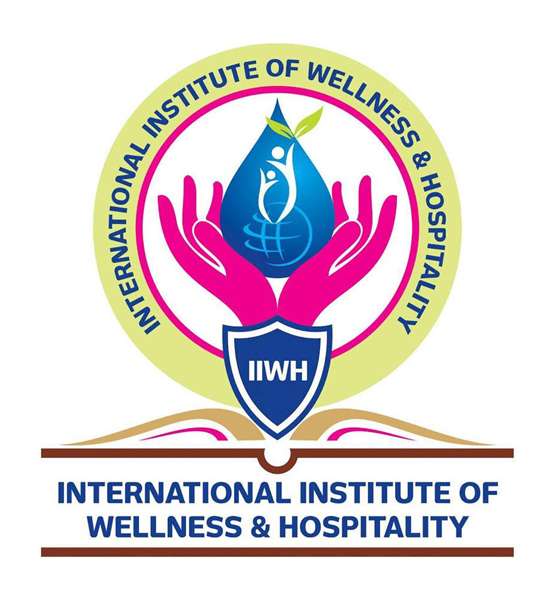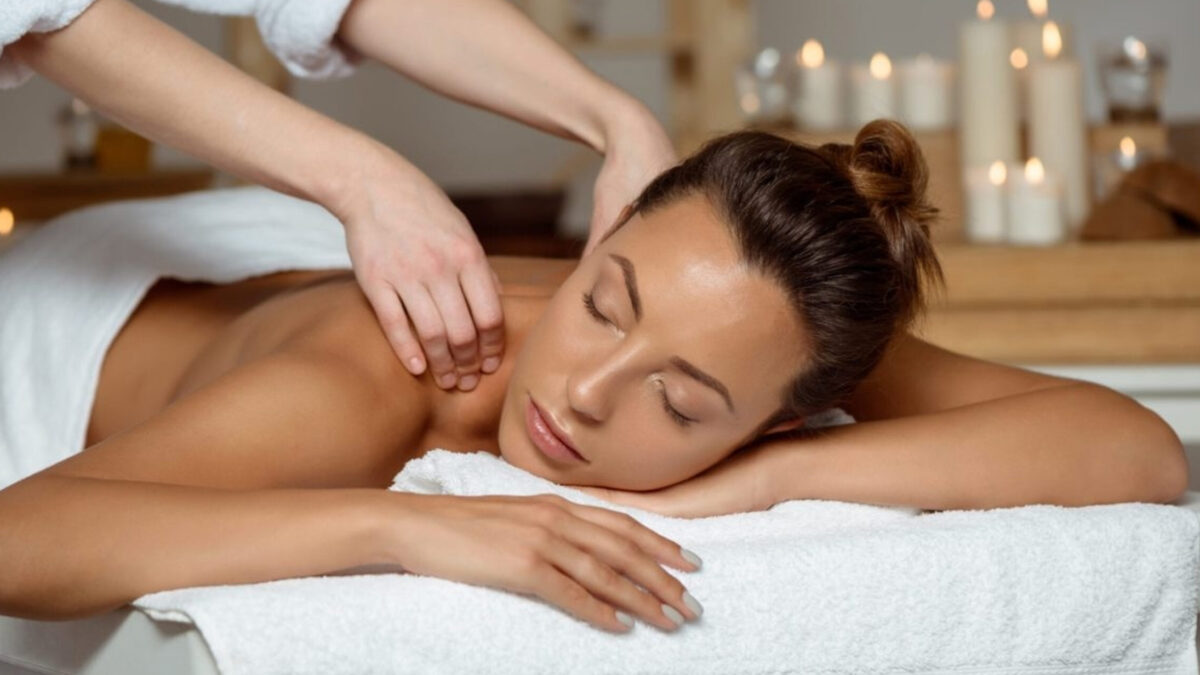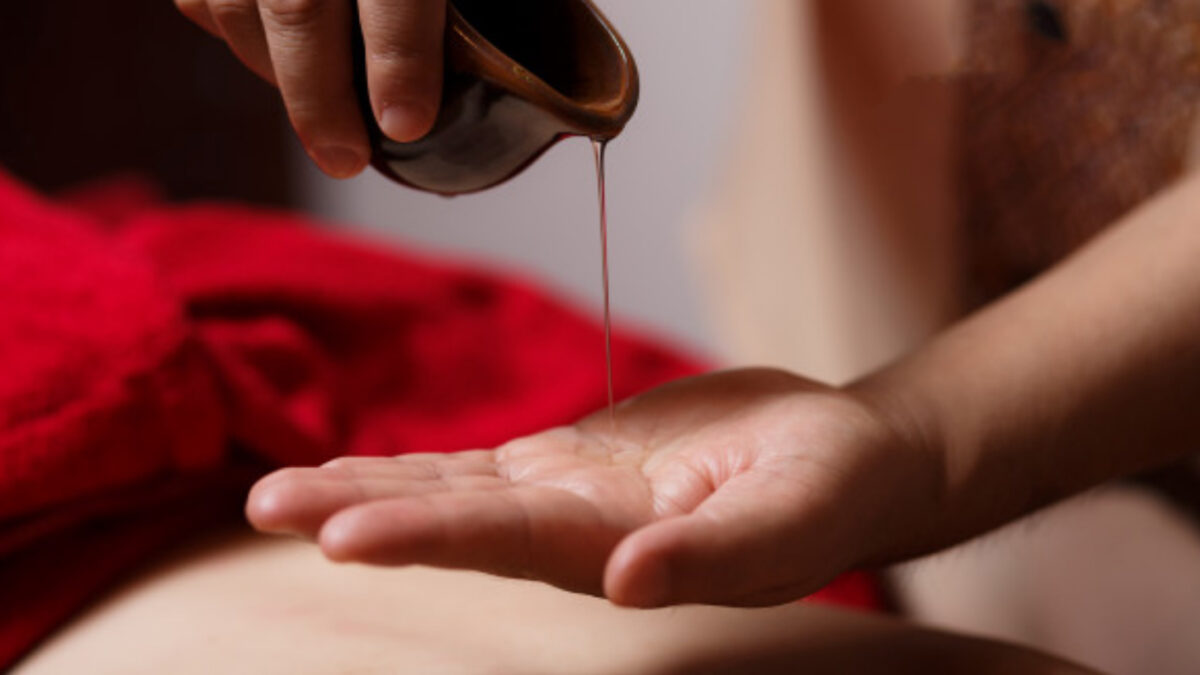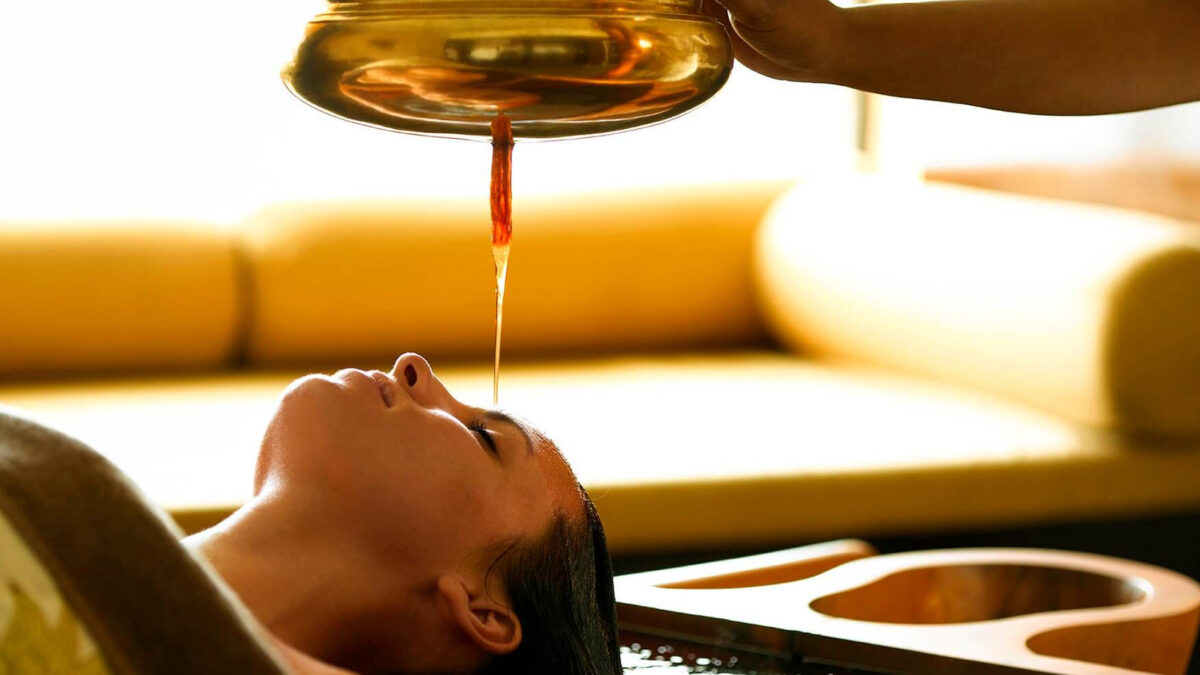Welcome to IIWH, your gateway to a rewarding career in the world of beauty therapy and body massage. If you’ve ever dreamt of turning your passion for wellness and relaxation into a fulfilling profession, you’ve come to the right place. In this comprehensive guide, we will explore the opportunities and benefits of our specialized courses designed to equip you with the knowledge and skills required to excel in these fields.
The Power of Education: A Journey of Transformation
It’s crucial to get the right training and education if you’re thinking about a career in massage or beauty therapy. Our programs have been carefully designed to give you a complete understanding of these fields. Your career will flourish on the basis of your education.
Beauty Therapy Courses: Unlocking Your Potential
Our beauty therapy courses are designed to take you on a transformative journey through the world of beauty, skincare, and wellness. Here, you’ll acquire a holistic understanding of the beauty industry, covering an array of topics that will make you a well-rounded beauty therapist.
Anatomy and Physiology: Understanding the human body is fundamental to effective beauty therapy. Our courses delve deep into the study of muscles, bones, and body systems, ensuring you have a comprehensive understanding of the body’s structure and function.
Skincare Techniques: A significant part of beauty therapy involves skincare. You’ll learn the art of facials, skincare treatments, and dermatological practices to enhance your clients’ natural beauty.
Makeup Artistry: For those interested in the world of makeup, our courses cover makeup techniques for various occasions, including bridal makeup, theatrical makeup, and high-fashion looks.
Ethics and Client Communication: Building strong client relationships and maintaining ethical standards are crucial aspects of this field. Our curriculum focuses on being professional, communicating well, and doing the right thing
Hands-On Practice: Most importantly, our beauty therapy courses include extensive hands-on practice sessions. With the help of experienced instructors, you will have the chance to put your knowledge into practice and improve your skills in a real-life environment.
Body Massage Courses: The Art of Healing
If you have a strong interest in the healing effects of touch, our body massage courses provide an extensive exploration of the field of massage therapy. In these courses, you will not only acquire the various techniques but also gain insight into the scientific aspects that underlie massage therapy
Massage Techniques: Numerous massage techniques are covered in our curriculum, such as Swedish massage, deep tissue massage, aromatherapy, reflexology, and sports massage. Each method is created specifically to suit various customer needs, putting you in a position to offer specialized massage treatments.
Ethics and Client Communication: Just like in beauty therapy, building trust with clients and maintaining ethical standards are pivotal in massage therapy. Our courses emphasize the importance of professionalism, client communication, and the ethical responsibilities of a massage therapist.
Anatomy and Physiology: Effective massage therapy requires a fundamental knowledge of the human body. Our courses give students a thorough understanding of the human anatomy, with a particular emphasis on the muscles, bones, and bodily systems.
Pathology: Gaining a comprehensive understanding of prevalent medical conditions and recognizing contraindications for massage therapy is of paramount importance to ensure the safety and well-being of clients. Our curriculum is meticulously designed to equip you with the necessary knowledge and expertise, empowering you to make well-informed decisions regarding your clients’ health, comfort, and overall satisfaction.
Hands-On Practice: Experience in the field is essential to becoming an expert in massage treatment. With the help of our courses’ intensive hands-on training and the supervision and mentorship of knowledgeable instructors, you may hone your massage talents.
The Benefits of Education
Embarking on a journey of education in beauty therapy and massage therapy offers numerous advantages:
1. Professionalism: Proper training and education make you a credible and competent practitioner. Clients trust and value the expertise of professionals who have received quality education.
2. Versatility: With a solid education in beauty therapy or massage therapy, you can explore various career opportunities. These fields offer versatility, allowing you to choose from a wide range of specializations and work settings.
3. Career Growth: The beauty and wellness industry is ever-evolving. Continued education and training keep you up-to-date with the latest industry trends and techniques, opening doors to career growth and advancement.
4. Personal Fulfillment: There’s immense satisfaction in helping clients look and feel their best. A career in beauty therapy or massage therapy allows you to make a positive impact on people’s lives, enhancing their well-being and confidence.
5. Entrepreneurial Opportunities: With the knowledge and skills gained from our courses, you have the option to start your private practice or business in the beauty and wellness industry.
Why Choose IIWH?
We understand that choosing the right institution for your education is a critical decision. Here’s why IIWH stands out as the ideal choice for your beauty therapy and massage therapy education:
Expert Instructors
Our courses are taught by a group of knowledgeable and experienced educators who are enthusiastic about imparting their knowledge to aspiring massage therapists and beauty therapists. They bring years of professional expertise to the classroom, guaranteeing that you get real-world knowledge beyond what is taught in textbooks.
Hands-On Training
We recognize that practical experience is essential for a successful career in beauty therapy and massage therapy. We therefore offer lengthy hands-on training sessions in all of our courses. You’ll get the chance to put what you’ve learned into practice in the real world, boosting your self-assurance and skill set.
Industry-Relevant Curriculum
The beauty and wellness industry is ever-evolving. Our courses are regularly updated to reflect the latest industry trends and techniques. When you graduate from IIWH, you’ll be well-prepared to meet the demands of the modern beauty and massage therapy landscape.
Career Opportunities
Upon completing our beauty therapy or body massage courses, a world of exciting career opportunities awaits you. As a qualified beauty therapist, you can explore roles in high-end spas, beauty salons, skincare clinics, and even pursue a freelance career as a makeup artist.
If you choose the path of a massage therapist, you can work in wellness centers, rehabilitation facilities, or establish your private practice. The versatility of our training allows you to carve your unique career journey in the beauty and wellness industry.
Conclusion
At IIWH, we’re committed to helping you turn your passion for beauty therapy and body massage into a rewarding career. Our comprehensive courses, experienced instructors, and hands-on training ensure that you receive a top-notch education.
Beauty therapy and body massage are more than just skills – they’re the keys to a fulfilling and prosperous future. Don’t miss this chance to embark on a journey that could lead you to success in the world of beauty and massage therapy. Enroll in our courses today and unlock your potential in the beauty and wellness industry.
Discover the art of beauty therapy and body massage with IIWH. Contact us to learn more and kickstart your career today.
With IIWH, you’re not just learning; you’re transforming, growing, and flourishing in the world of beauty therapy and massage therapy. Elevate your career with




